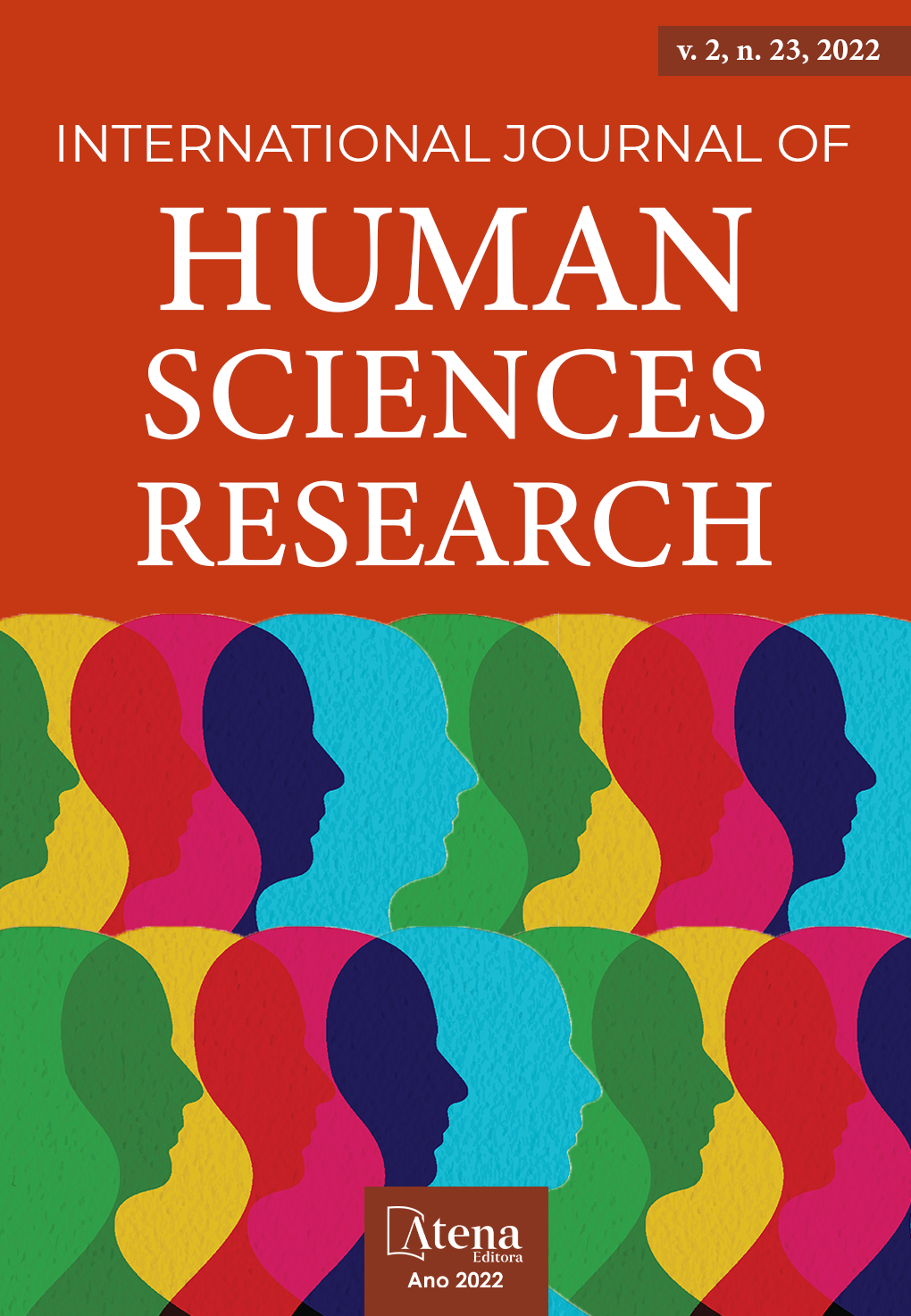
THE ACT OF EDUCATION AS WORK: ERGONOMICS ISSUES
In the current and Brazilian cultural view, the university and its aspects, namely: teaching, research, and extension, are important not only because they exist, but because of their predominant speaker in contemporary society. Those who work in teaching have the impression that we are always chasing something, which is never attainable. The current changes proposed by the Federal Government, and the Pandemic starting in March 2019, have led educational institutions and teachers to adapt, adapt to new demands and requirements. As a result, higher education has been looking for management models that can support, or even understand, the current transformations occurring in teaching work and in the teaching-learning relationship. However, current management models have impacted the work of managers, such as the risk of precarious work. The main objective of this research is to discuss the teaching work in a Brazilian public university and in the context of suffering, the damnation of work. In addition, we have the drastic changes due to the Pandemic, which teaching has become remote. There is a concern with man in production – a concept of ergonomics – in which human relationships need scientific data. In the various moments, the worker interrelates his knowledge and skills, in which the result is the competence so that the teacher can walk within the teaching process. Quality of Life is a concept whose individual interpretation is associated with the social environment in which the human being is inserted and factors intrinsic to it. The methodology adopted was Walton's in his empirical evaluations. In the results, the biggest complaints from professors are related to working hours, among others.
THE ACT OF EDUCATION AS WORK: ERGONOMICS ISSUES
-
DOI: 10.22533/at.ed.5582232227076
-
Palavras-chave: Higher education, work, occupational health and diseases, ergonomics.
-
Keywords: Higher education, work, occupational health and diseases, ergonomics.
-
Abstract:
In the current and Brazilian cultural view, the university and its aspects, namely: teaching, research, and extension, are important not only because they exist, but because of their predominant speaker in contemporary society. Those who work in teaching have the impression that we are always chasing something, which is never attainable. The current changes proposed by the Federal Government, and the Pandemic starting in March 2019, have led educational institutions and teachers to adapt, adapt to new demands and requirements. As a result, higher education has been looking for management models that can support, or even understand, the current transformations occurring in teaching work and in the teaching-learning relationship. However, current management models have impacted the work of managers, such as the risk of precarious work. The main objective of this research is to discuss the teaching work in a Brazilian public university and in the context of suffering, the damnation of work. In addition, we have the drastic changes due to the Pandemic, which teaching has become remote. There is a concern with man in production – a concept of ergonomics – in which human relationships need scientific data. In the various moments, the worker interrelates his knowledge and skills, in which the result is the competence so that the teacher can walk within the teaching process. Quality of Life is a concept whose individual interpretation is associated with the social environment in which the human being is inserted and factors intrinsic to it. The methodology adopted was Walton's in his empirical evaluations. In the results, the biggest complaints from professors are related to working hours, among others.
-
Número de páginas: 15
- MARCO ANTONIO ROSSI


